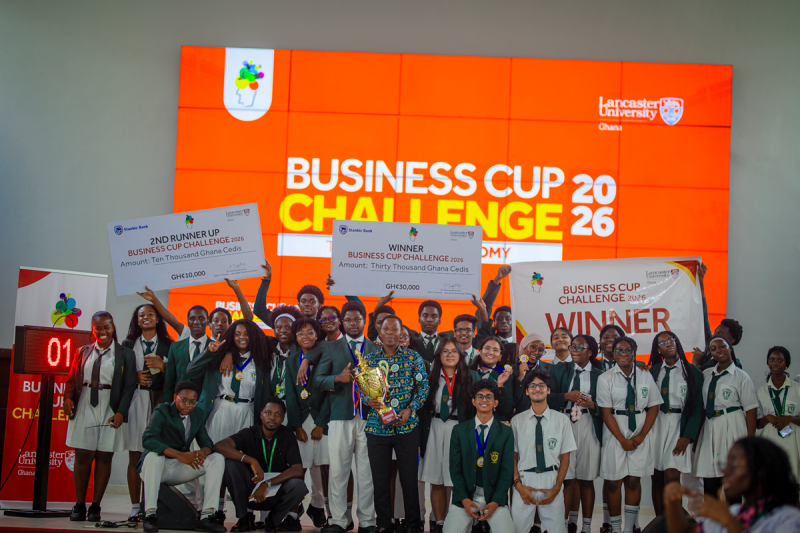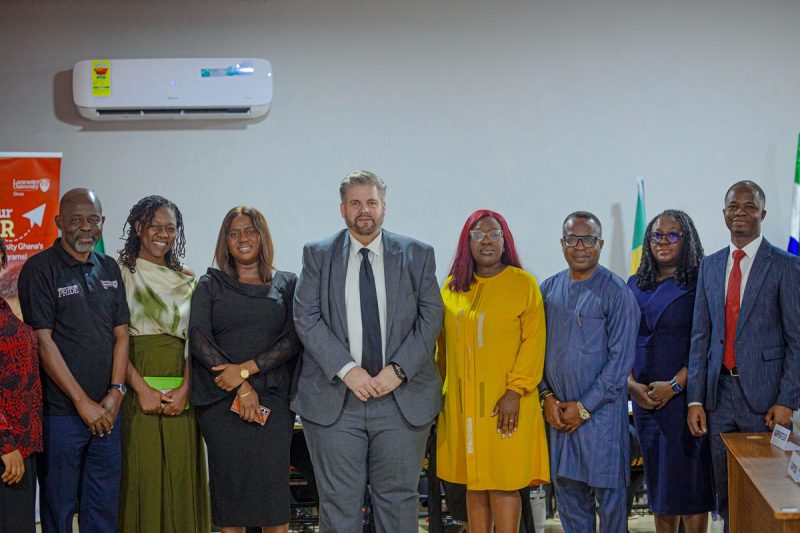About The Author:
K.C. Amese is a serial entrepreneur, a consultant, philanthropist, and also currently a student on the Lancaster Executive MBA Programme. His passion is for the development of Africa through aggressive entrepreneurial initiatives. He runs a blog and video series called Consider.
Introduction
The Corona Virus pandemic has devastated the world economy. Uncertainty has ravaged local and international trade with stock markets feeling the heat and large enterprises running for cover. People across the world are advised to stay home to prevent the spread of COVID-19 whilst world leaders are divided between the choices of either saving lives or allowing economic activities to run. In Ghana, the story is no different.
The value of small businesses?
Small and Medium Enterprises (SMEs) are the backbone of the local economy, constituting 85% of businesses. SMEs employ over half of the Ghanaian working population and contribute 70% to our Gross Domestic Product (GDP). Entrepreneurs like myself have tough decisions to make in these trying times, such as:
- Should we keep our workers during this turbulent period? or
- Should we simply save the remains of our precious innovative businesses for a future date.
Well, these questions are genuine because;
- We have financial obligations to banks, insurance, etc. which we have to honour regardless of the pandemic.
- Our landlords will not forego our rent for the weeks of lockdown, neither will our bills and subscriptions be suspended temporarily.
Government to the rescue?
If SMEs contribute 70% to Ghana’s GDP, then it means these businesses generate $49 billion annually, averaging $4.1billion monthly. In a recent government stimulus package for local businesses, six hundred (600) million Ghana cedis (USD105m) was allocated to cushion SMEs. Well, that is a woeful 2.5% of what we generated monthly. As to the criteria to qualify for a part of this stimulus package, your guess is as good as mine.
To be fair, our government is faced with the dilemma between providing Personal Protective Equipment (PPE) & other essentials to hospitals and saving businesses to sustain the economy. The former, I believe needs a more urgent attention…like the President said “we know how to bring the economy back to life; what we do not know, is how to bring people back to life.”
What can the entrepreneur do?
The laziest way out is to reduce our staff strength to save some costs and stay afloat, however SMEs are not like large organisations which can hire and fire anytime. It is difficult to get the right skillset or train them. Therefore, we work like families. SMEs are built on shared values including caring for each other even in hard times. It is time for those stimulating entrepreneurial passions we employed some years ago to start our businesses to be engaged once more to calm these turbulent waters. My company instead of sending the nonessential staff home rather formed a consensus to reduce salaries by 50% across board until we recover, starting with top management. This form of sacrifice is critical for SMEs because our greatest strength is our labour force.
This crisis no doubt presents us with winners and losers. Even though the latter outweighs the former, one thing is certain, the new winners are entrepreneurs as well.
I can site an example of a winner in an entrepreneur like Ama, a struggling seamstress in Madina who found the golden opportunity to make face masks from beautiful African prints, one of which I am wearing whilst I write this piece.
Veronica buckets are currently the toast of town, with other entrepreneurs like Richard Kwarteng adding value by using solar powered technology to dispense the soap and water for hand washing. Nicholas my good friend who runs an IT company can barely get a sleep now because sales have skyrocketed with companies and religious organizations going virtual due to the ban on social gatherings.
It is time to reassess our entrepreneurial journey, perhaps revisit the drawing board to make a few changes that will guarantee our boats are steered to the winning side for our collective entrepreneurial desires of economic freedom. This too shall pass…



